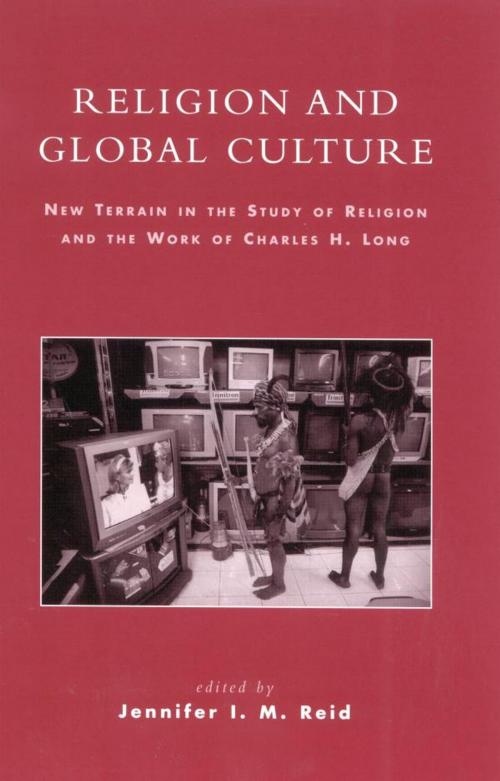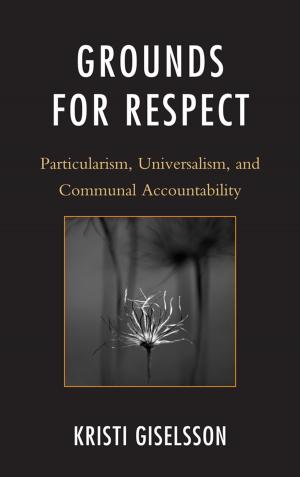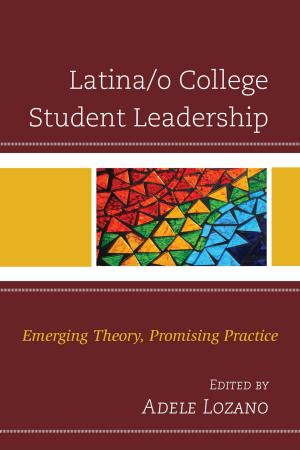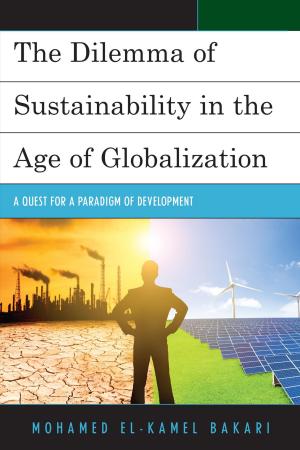Religion and Global Culture
New Terrain in the Study of Religion and the Work of Charles H. Long
Nonfiction, Religion & Spirituality| Author: | ISBN: | 9780739160169 | |
| Publisher: | Lexington Books | Publication: | February 22, 2003 |
| Imprint: | Lexington Books | Language: | English |
| Author: | |
| ISBN: | 9780739160169 |
| Publisher: | Lexington Books |
| Publication: | February 22, 2003 |
| Imprint: | Lexington Books |
| Language: | English |
Religion and Global Culture draws together the work of a group of historians of religion who are concerned with situating the contemporary study of religion within the cultural complexity of the modern world. The writing of each of the volume's contributors relates to the work of leading historian of religion Charles H. Long, who has identified religious meanings in the contacts and exchanges of the colonial and postcolonial periods. Together with Long, these scholars explore religious practices in a variety of globalized contexts; chapters consider such varied subjects as the rituals of African immigrant communities in the United States, the making of Mohawk sweet grass and black ash baskets, the religious experience of prisoners in the Nazi holding camp of Westerbork, and the regional repercussions of contemporary multi-national business. By locating religion in the conflicted and cooperative relationships of the colonial and postcolonial periods, Religion and Global Culture calls on scholars of religion to reconfigure their interpretive stances from the perspective of the material structures of the modern, globalized world.
Religion and Global Culture draws together the work of a group of historians of religion who are concerned with situating the contemporary study of religion within the cultural complexity of the modern world. The writing of each of the volume's contributors relates to the work of leading historian of religion Charles H. Long, who has identified religious meanings in the contacts and exchanges of the colonial and postcolonial periods. Together with Long, these scholars explore religious practices in a variety of globalized contexts; chapters consider such varied subjects as the rituals of African immigrant communities in the United States, the making of Mohawk sweet grass and black ash baskets, the religious experience of prisoners in the Nazi holding camp of Westerbork, and the regional repercussions of contemporary multi-national business. By locating religion in the conflicted and cooperative relationships of the colonial and postcolonial periods, Religion and Global Culture calls on scholars of religion to reconfigure their interpretive stances from the perspective of the material structures of the modern, globalized world.















